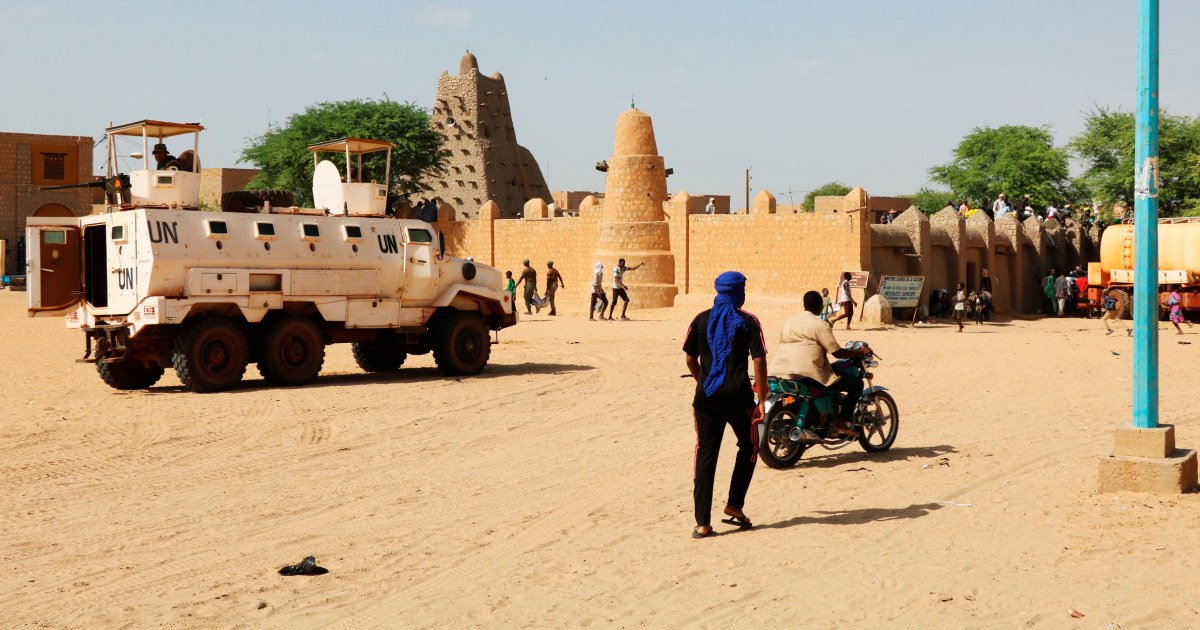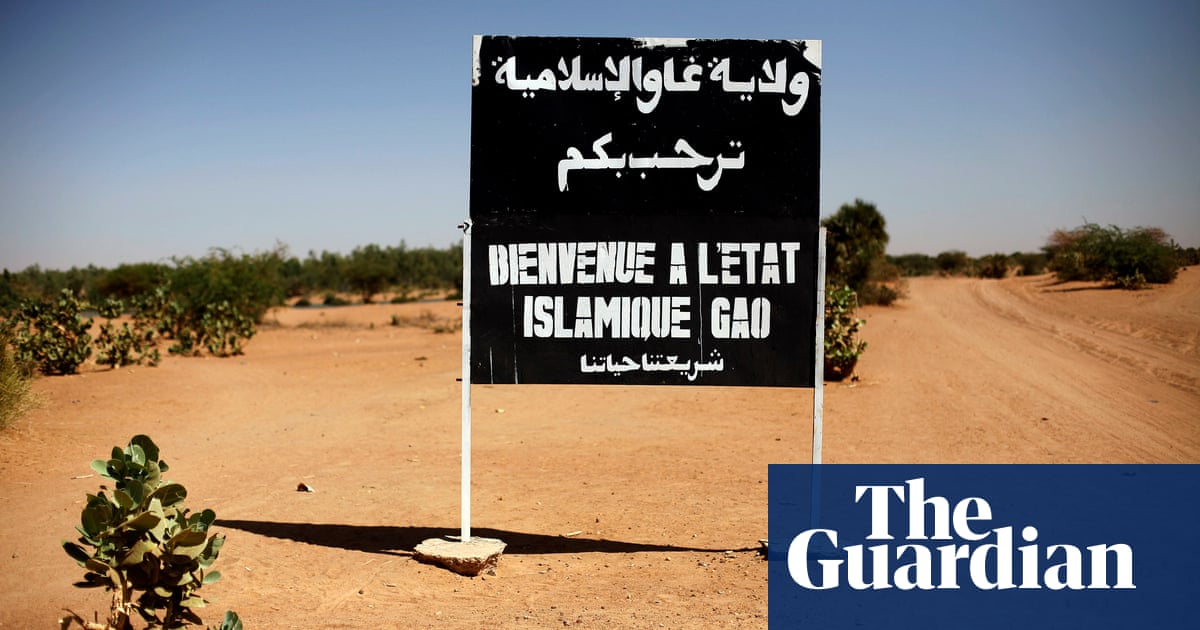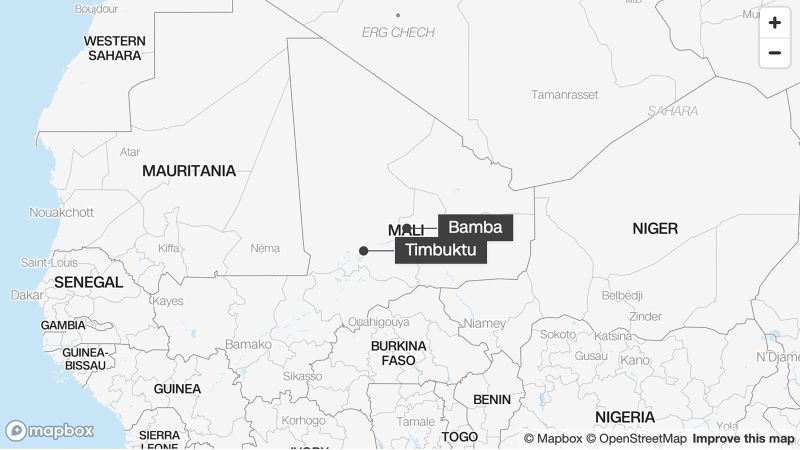The Facts
According to the Malian military, 10 soldiers and 46 militants were killed in fighting between the Malian army and a Tuareg rebel group in the northern town of Bourem on Tuesday.
Earlier on Tuesday, an alliance of Tuareg-dominated groups calling itself the Coordination of Azawad Movements (CMA) announced that it had taken control of a camp and several forward posts from the army and the allied Russian paramilitary group Wagner during an offensive on the town.
The Spin
Pro-establishment narrative
The recent clashes and the brief capture of Bourem are the latest signs that the 2015 peace agreement between the Malian junta and the Tuareg rebels is all but history. Violence in the country, which is on the rise again due to Bamako and the brutal Wagner mercenaries' failure to honor the agreement, is also being exacerbated by the withdrawal of the UN peacekeeping mission. The expulsion of French forces and the UN, who were also monitoring the peace agreement's implementation, is also likely to strengthen regional Islamists.
Establishment-critical narrative
The recent and tragic upsurge of violence in Mali demands a clear analysis of the underlying causes. It was Libya's collapse following the 2011 NATO intervention that triggered the Tuareg rebellion and regional Islamist insurgency. France and the US aren't part of the solution but of the problem in Africa, while pretending to only want to "help" in fighting terrorism. Yet, far from taking their share of responsibility for insecurity and destabilization, they have declared the Sahel's new governments and the Wagner forces to be the scapegoats.






